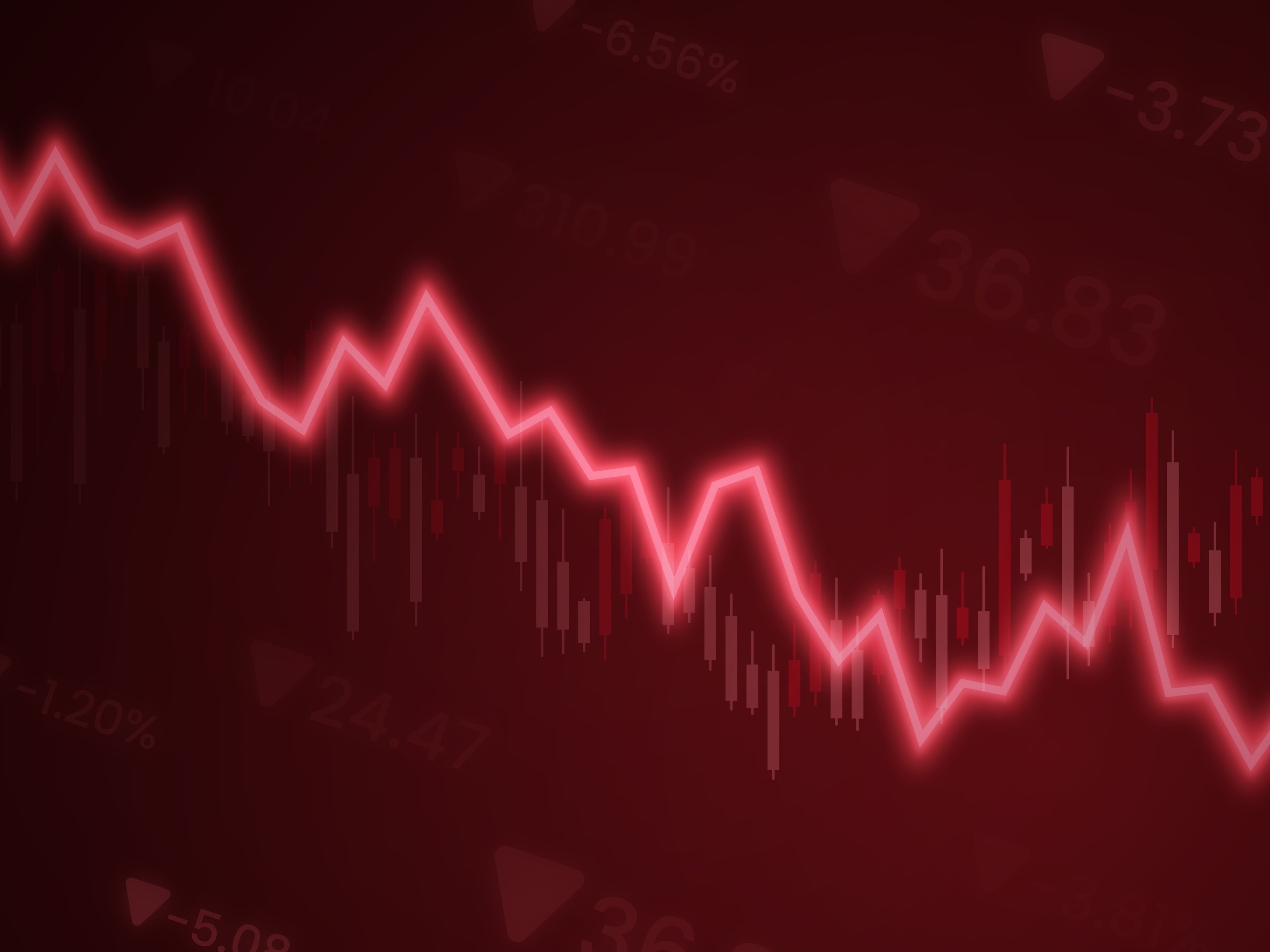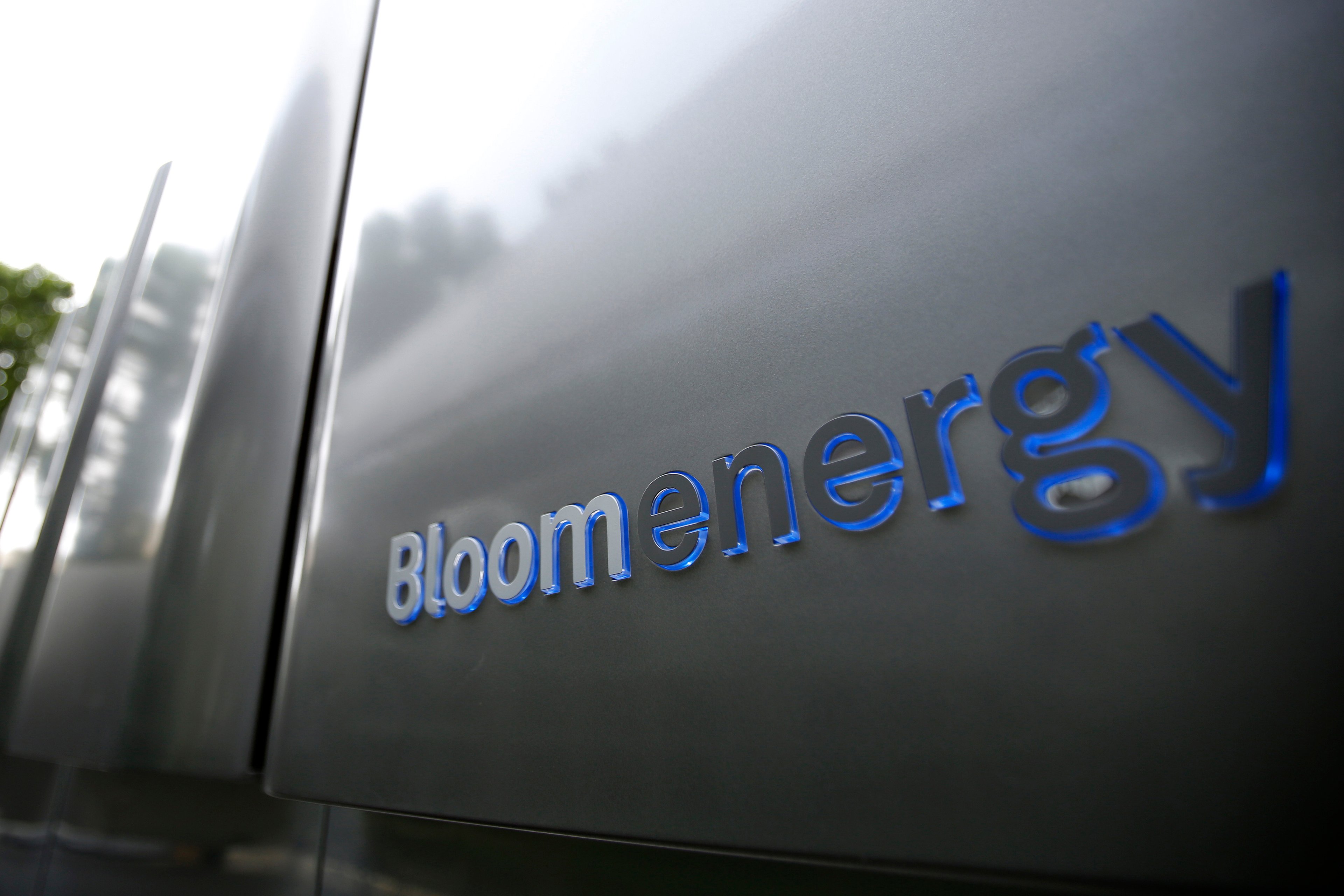Every day, Wall Street analysts upgrade some stocks, downgrade others, and "initiate coverage" on a few more. But do these analysts even know what they're talking about? Today, we're taking one high-profile Wall Street pick and putting it under the microscope...
Three months ago, Bloom Energy (BE +4.80%) exploded onto the public markets with a one-day, $10 increase in share price. Three months later, the stock is once again trading back below what it cost on that first day of its life as a public company. Now, right ahead of earnings, one analyst is upgrading the stock.
Here's what you need to know.

Image source: Bloom Energy.
Bloom Energy -- an IPO success story
Priced at $15 at its initial public offering, Bloom Energy soared to close at $25 on IPO day three months ago. Over the next couple of months, the stock marched steadily higher, reaching a peak at the end of September -- $10 more above the offering price -- of over $35 a share.
For investors who got in at the IPO price, that was better than a 100% profit in just two short months.
The price of success
And yet, Bloom Energy's success came at a cost. As its stock price soared, it became harder and harder to argue that the stock was a bargain, still cheap enough to buy. In fact, within just one month after Bloom's IPO, half the bankers who had worked together to underwrite the stock's public offering had already declined to endorse Bloom Energy shares with buy ratings.
A week later, one of these bankers -- Credit Suisse -- went a step further. With Bloom Energy approaching the $30-a-share mark and up 100% from its offering price, Credit Suisse made the decision to downgrade a stock it had helped to underwrite -- to underperform.
At the time, Credit Suisse explained that although Bloom Energy's novel solid oxide fuel cell technology, which produces electricity from natural gas and biogas, had the potential to "disrupt" the energy industry, Bloom's rapidly rising stock price left little room for error. In order to continue growing, Credit Suisse warned that Bloom needed to both cut costs and at the same time improve the efficiency of its fuel cells -- a tall order since it's R&D spending that companies generally employ to achieve the kinds of technological breakthroughs that increase efficiency. (Nor was Credit Suisse the only analyst sounding such warnings.)
In Credit Suisse's estimation, Bloom Energy was worth only $24 a share -- not the $30 that investors were paying for it at the time -- and so Credit Suisse downgraded it.
Second verse -- similar to the first
Bloom Energy stock continued to rise in price even after that downgrade. Two months -- and one big tech sell-off -- later, however, Bloom Energy has shifted into reverse. At today's share price below $24, Bloom Energy actually costs less than what the stock cost at the end of IPO day. Credit Suisse's opinion of the stock's value, on the other hand, has not changed. Insisting that Bloom Energy is still worth $24 a share, today Credit Suisse removed its underperform rating from the shares and upgraded Bloom Energy stock to neutral.
Why not buy?
Why doesn't Credit Suisse go with a higher rating -- perhaps, buy? Well, for one thing, Bloom Energy still isn't profitable; and for another, Bloom Energy hasn't said anything much to convince investors that it will become profitable anytime soon. Although the company has reported earnings once already since going public, it did so while still under the restrictions of its post-IPO "quiet period," and released only bare numbers -- without holding an earnings conference call to give investors additional details on its prospects.
(The numbers themselves weren't all that great, either. While sales at Bloom Energy nearly doubled in Q2, the company still ended up losing money on the quarter.)
This time around, analysts are looking for Bloom to turn in about $186 million in revenue (up 10% sequentially), but to lose money again -- about $0.17 per share, according to S&P Global Market Intelligence estimates. Bloom is furthermore expected to lose money this year, next year, the year after that, and the year after that as well. (If you're counting, that's uninterrupted GAAP losses predicted all the way through 2021, which is as far out as estimates go.)
If that's the best Bloom Energy can do -- and according to Credit Suisse's upgrade, as reported on TheFly.com, it probably is -- Credit Suisse probably believes that Bloom's merely matching expectations does not necessitate changing in its existing price target of $24 a share. On the other hand, with Bloom Energy currently trading right around that $24 mark, there's no longer a compelling argument in favor of selling the stock, either.
Will this reasoning change when earnings come out, and Bloom management finally gets its chance to speak about those earnings publicly? Tune in next week to find out: Bloom Energy reports Q3 earnings after close of trading on Monday, Nov. 5.






